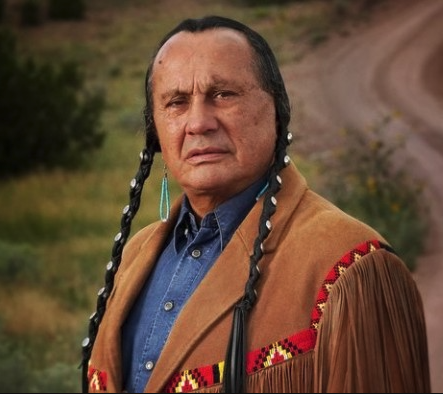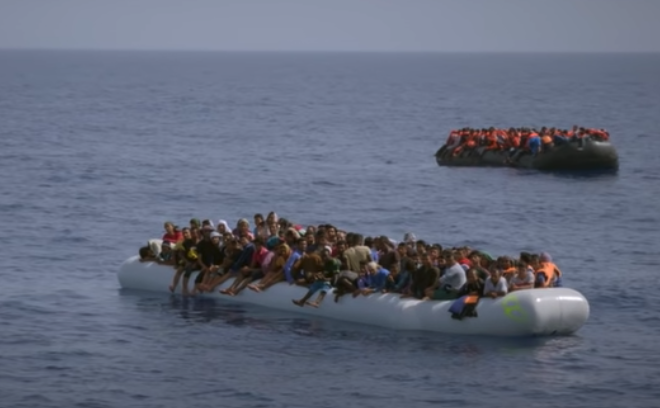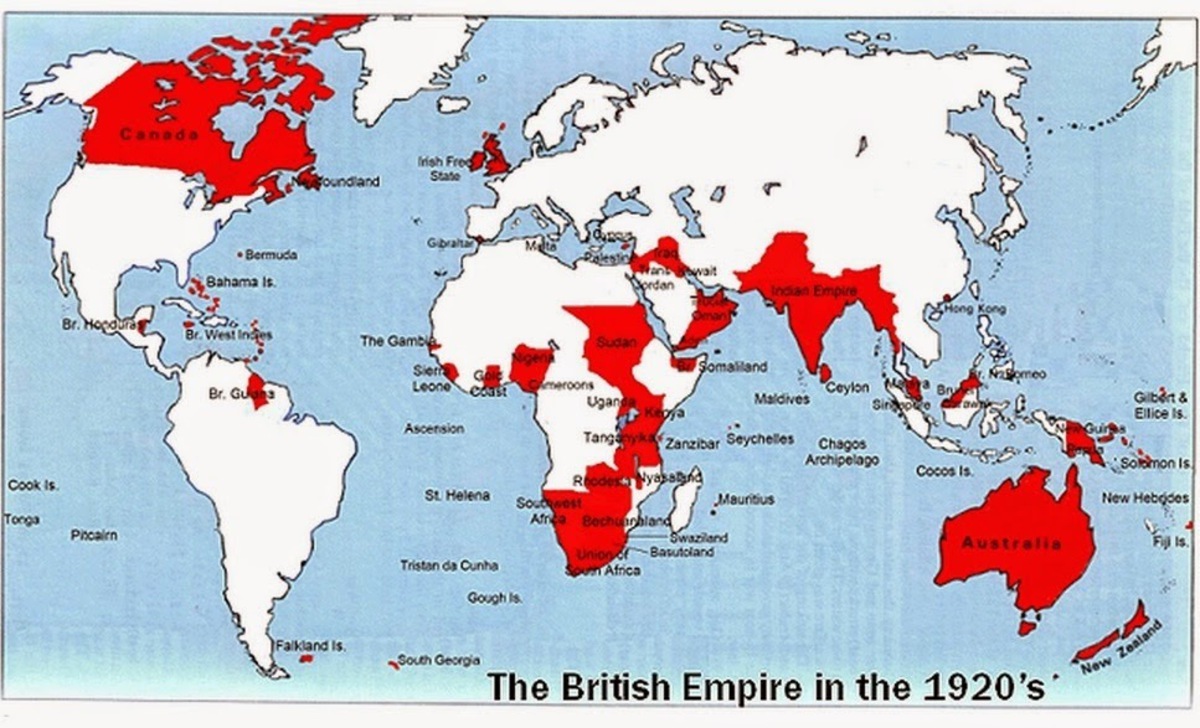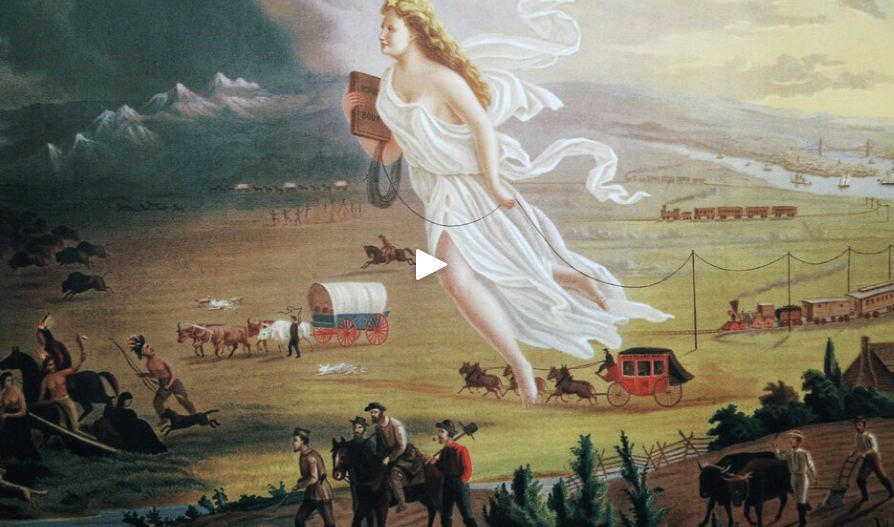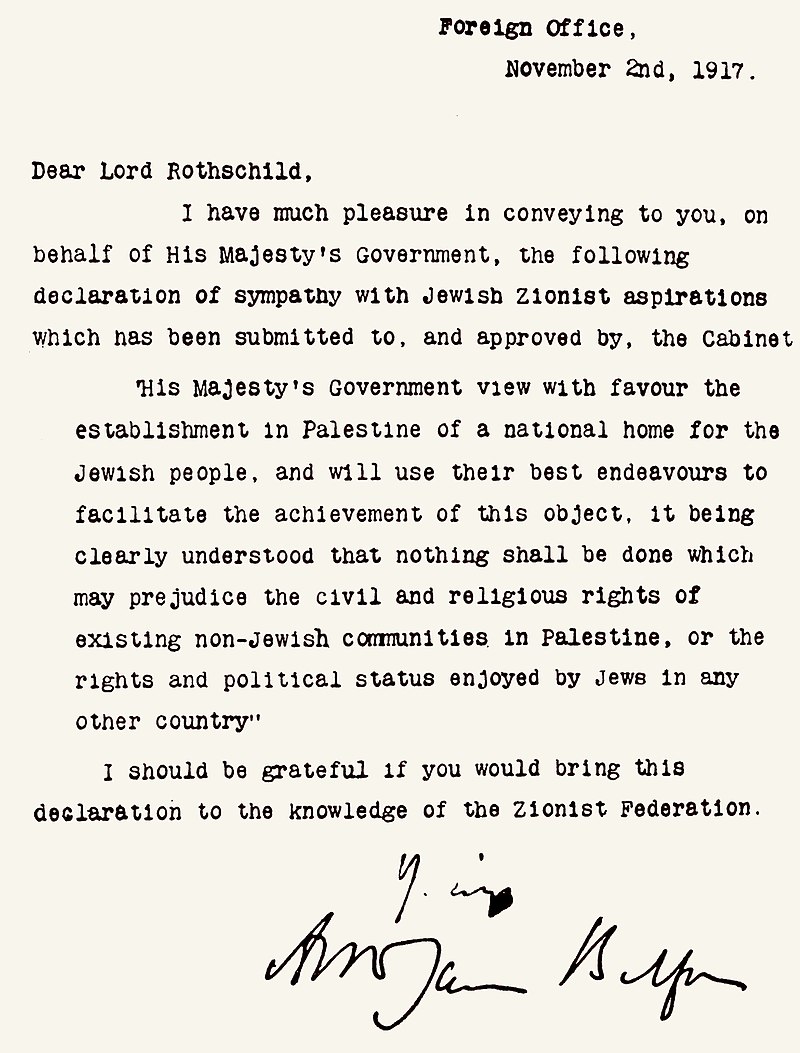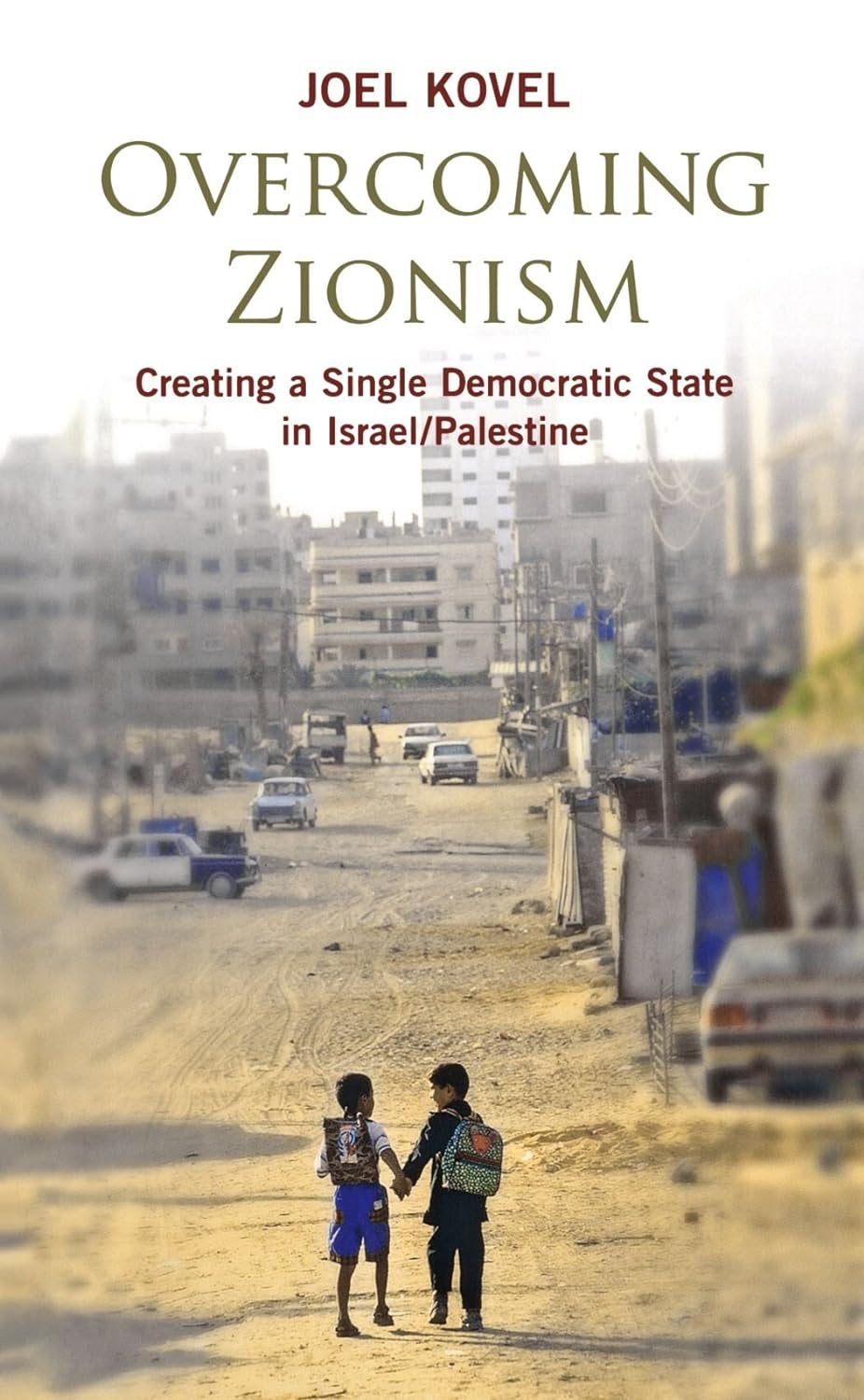The “Great War” is often depicted as an unexpected catastrophe, in particular for Europeans. But for millions living under imperialist European rule, terror and degradation were nothing new.
Faced with manpower shortages, British imperialists had recruited up to . million Indian soldiers. France enlisted nearly , troops from its colonies in Africa and Indochina. Nearly , African Americans were also inducted into US forces. The first world war’s truly unknown soldiers are these non-white combatants.
View »
About the project The Fallen of World War II is an interactive documentary that examines the human cost of the second World War and the decline in battle deaths in the years since the war. The -minute data visualization uses cinematic storytelling techniques to provide viewers with a fresh and dramatic perspective of a pivotal moment in history.
The film follows a linear narration, but it allows viewers to pause during key moments to interact with the charts and dig deeper into the numbers.
View »
The Lakota are the freedom loving people from the Sioux Indian reservations of Nebraska, North Dakota, South Dakota and Montana who have suffered from cultural and physical genocide in the colonial apartheid system they have been forced to live under.
They are continuing the work that they were asked to do by the traditional chiefs and treaty councils at the first Indian Treaty Council meeting at Standing Rock Sioux Indian Country in 1974.
View »
The Address to the Western World is a powerful message given by the Hau de no sau nee (or traditional Six Nations Council at Onondaga) also called the Iroquois Confederacy, to the non-governmental organizations (NGOs) of the United Nations in Geneva, Switzerland in September, 1977.
View »
Volunteers from a German nonprofit risk the waves of the Mediterranean to pluck refugees from sinking rafts, which had set out from Libya, in the middle of the night.
View »
Winston Churchill is remembered by the people of England for leading Britain through “her finest hour,” and by most of the rest of the world as a murderous racist. Besides rousing a reluctant nation to war, he championed imperialism, white supremacism, the carpet bombing of cilivian cities, and networks of terrorizing concentration camps.
Perhaps ignorant of Churchill’s legacy, and in an attempt to disassociate himself from his own draft-dodging past, President-Select George W Bush placed a bust of Churchill near his desk in the White House.
View »
Illustrating the global spread of European barbarism.
View »
If you wanted to change an ancient culture in a generation, how would you do it? You would change the way it educates its children.
View »
4 Quotations on Colonialism
“The original instructions direct that we who walk about on the Earth are to express a great respect, an affection, and a gratitude toward all the spirits which create and support Life. We give a greeting and thanksgiving to the many supporters of our own lives--the corn, beans, squash, the winds, the sun. When people cease to respect and express gratitude for these many things, then all life will be destroyed, and human life on this planet will come to an end.”
Hau De No Sau Nee
“We have seen that not all people of the Earth show the same kind of respect for this world and its beings. The Indo-European people who have colonized our lands have shown very little respect for the things that create and support Life. We believe that these people ceased their respect for the world a long time ago.”
Hau De No Sau Nee
“The appearance of Plutonium on this planet is the clearest of signals that our species is in trouble. It is a signal which most Westerners have chosen to ignore.”
Hau De No Sau Nee
“The processes of colonialism and imperialism which have affected the Hau de no sau nee are but a microcosm of the processes affecting the world. The system of reservations employed against our people is a microcosm of the system of exploitation used against the whole world. Since the time of Marco Polo, the West has been refining a process that mystified the peoples of the Earth.”
Hau De No Sau Nee
“It is the people of the West, ultimately, who are the most oppressed and exploited. They are burdened by the weight of centuries of racism, sexism, and ignorance which has rendered their people insensitive to the true nature of their lives.”
Hau De No Sau Nee
“The people who are living on this planet need to break with the narrow concept of human liberation, and begin to see liberation as something which needs to be extended to the whole of the Natural World. What is needed is the liberation of all the things that support Life--the air, the waters, the trees--all the things which support the sacred web of Life.”
Hau De No Sau Nee
“Our liberation process is not one that is exclusive to us as Humans, but also includes the other life forms that coexist and are as oppressed as we. The liberation of the Natural World is a process which is being undertaken in a most difficult environment. The people surrounding us seem to be intent on destroying themselves and every living thing.”
Hau De No Sau Nee
Recommended Reading

⭐⭐⭐⭐⭐
Gaza in Crisis: Reflections on Israel’s War Against the Palestinians
– Noam Chomsky and Ilan Pappé
In Gaza in Crisis, Noam Chomsky and Ilan Pappé, two of the issue’s most insightful and prominent critical voices, survey the fallout from Israel’s conduct in Gaza and place it into the context of Israel’s longstanding occupation of Palestine.
– Mohawk Nation
Published: Geneva, Switzerland, Autumn 1977
What is presented here is nothing less audacious than a cosmogony of the Industrialized World presented by the most politically powerful and independent non-Western political body surviving in North America. It is, in a way, the modern world through Pleistocene eyes.
 View
View
African Studies in Social Movements and Democracy
– Mahmood Mamdani
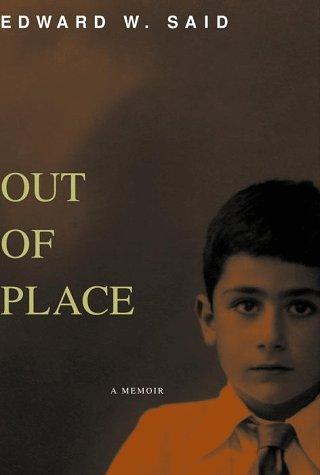
⭐⭐⭐⭐⭐
Out of Place
– Edward W. Said
From one of the most important intellectuals of our time comes an extraordinary story of exile and a celebration of an irrecoverable past. A fatal medical diagnosis in 1991 convinced Edward Said that he should leave a record of where he was born and spent his childhood, and so with this memoir he rediscovers the lost Arab world of his early years in Palestine, Lebanon, and Egypt.

⭐⭐⭐⭐⭐
In Search of Fatima: A Palestinian Story
– Ghada Karmi
This widely acclaimed memoir draws you into the life of Ghada Karmi; a childhood spent in Palestine and a life of displacement and struggle in Britain. Here is the human cost of the loss of one’s home and the reshaping of one’s identity written with wit, humour and often heart-breaking insight.

⭐⭐⭐⭐⭐
Orientalism
– Edward W. Said
Discusses the situation of the Palestinians, including the history of the Nakba, the dispossession and scattering of the Palestinian diaspora, and the misrepresentation of the Palestinian cause in the Western world. Said also examines the development of Palestinian political movements, particularly the Palestine Liberation Organization led by his then friend, Yasser Arafat, and the changing perceptions of Palestinian groups towards the question of Jewish identity and Israeli statehood.
– Catrióna Rueda Esquibel
Published: 2015-12-11
More than just a cookbook, Decolonize Your Diet redefines what is meant by “traditional” Mexican food by reaching back through hundreds of years of history to reclaim heritage crops as a source of protection from modern diseases of development. Authors Luz Calvo and Catriona Rueda Esquibel are life partners; when Luz was diagnosed with breast cancer in 2006, they both radically changed their diets and began seeking out recipes featuring healthy, vegetarian Mexican foods. They promote a diet that is rich in plants indigenous to the Americas (corn, beans, squash, greens, herbs, and seeds).
This vegetarian cookbook features over 100 colorful, recipes based on Mesoamerican cuisine and also includes contributions from indigenous cultures throughout the Americas, such as Kabocha Squash in Green Pipian, Aguachile de Quinoa, Mesquite Corn Tortillas, Tepary Bean Salad, and Amaranth Chocolate Cake. Steeped in history but very much rooted in the contemporary world, Decolonize Your Diet will introduce readers to the the energizing, healing properties of a plant-based Mexican American diet.
View
I Saw Ramallah
– Mourid Barghouti
Barred from his homeland after the ‘Six-Day War’ in 1967, the poet Mourid Barghouti spent thirty years in exile–shuttling among the world’s cities, yet secure in none of them; separated from his family for years at a time; never certain whether he was a visitor, a refugee, a citizen, or a guest. As he returns home for the first time since the Israeli occupation, Barghouti crosses a wooden bridge over the Jordan River into Ramallah and is unable to recognize the city of his youth. Sifting through memories of the old Palestine as they come up against what he now encounters in this mere ‘idea of Palestine,’ He discovers what it means to be deprived not only of a homeland but of ’the habitual place and status of a person.’

⭐⭐⭐⭐⭐
The Devil’s Chessboard: Allen Dulles, the CIA, and the Rise of America’s Secret Government
– David Talbot
The Balfour Declaration
– Jonathan Schneer
Issued in London in 1917, the Balfour Declaration was one of the key documents of the twentieth century. It committed Britain to supporting the establishment in Palestine of ‘a National Home for the Jewish people,’ and its reverberations continue to be felt to this day. With new material retrieved from historical archives, Jonathan Schneer recounts in dramatic detail the public and private fight to depopulate and colonize a small strip of land in the Middle East
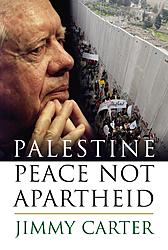
⭐⭐⭐⭐⭐
Palestine: Peace Not Apartheid
– Jimmy Carter
Carter argues that Israel’s continued control and construction of illegal settlements has been the primary obstacle to a comprehensive peace agreement in the Middle East. That perspective, coupled with the use of the word Apartheid in the titular phrase ‘Peace Not Apartheid,’ and what critics said were errors and misstatements in the book, sparked an intense backlash. Carter has defended his book and countered that response to it ‘in the real world… has been overwhelmingly positive.‘Later events in the ongoing bombing, dispossession and occupation of Palestinian lands confirm Carter’s conclusions.
Looking for Palestine
– Najla Said
The daughter of the famous intellectual and outspoken Palestinian advocate Edward Said and a sophisticated Lebanese mother, Najla Said grew up in New York City, confused and conflicted about her cultural background and identity. Said knew that her parents identified deeply with their homelands, but growing up in a Manhattan world that was defined largely by class and conformity, she felt unsure about who she was supposed to be, and was often in denial of the differences she sensed between her family and those around her. She may have been born a Palestinian Lebanese American, but Said denied her true roots, even to herself–until, ultimately, the psychological toll of her self-hatred began to threaten her health.

⭐⭐⭐⭐⭐
The Question of Palestine
– Edward W. Said
Published: 1979
For a long time, Edward Said was the most high-profile and internationally recognized of Palestinian intellectuals. His untimely death in 2003 was a blow for Palestinian advocacy, especially in the US, where few Palestinian voices are allowed to rise to general public awareness.
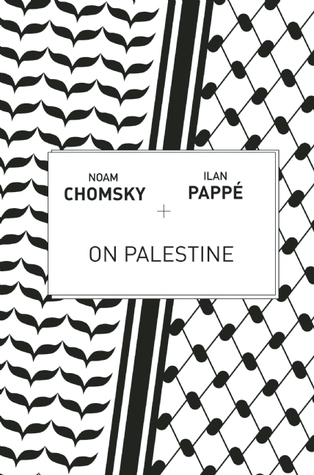
⭐⭐⭐⭐⭐
On Palestine
– Noam Chomsky and Ilan Pappé
An erudite and nuanced account of Palestine’s history. First published in 2015, it is an essential guide to understanding the shifting situation and is itself a sequel to their acclaimed book, Gaza in Crisis.
Overcoming Zionism
– Joel Kovel
A call to transform Israel into a secular democracy. This book is fundamental for those who reject the unfortunate confusion between Jews, Judaism, Zionism and the State of Israel – a confusion which is the basis for systematic manipulation by the imperialist power system. It argues in favor of a single secular state for Israelis and Palestinians as the only democratic solution for the region.
Zionism creates a contradiction that eats at the soul and conscience of the Jewish people. The problem is that it is a moral and logical impossibility have a democratic state for only one ethnic group while excluding others. The notion of democracy derives from universal ideals based on universal human rights; it cannot exist where there is systematic inequality, and all the more so when the ‘others’ are the indigenous population.

⭐⭐⭐⭐⭐
African Studies in Social Movements and Democracy
– Mahmood Mamdani

⭐⭐⭐⭐⭐
A People’s History of the United States
– Howard Zinn
A 1980 nonfiction book presenting a long-neglected side of history that avoids the typical “nationalist glorification of country”. Zinn does not hide or sugarcoat the many tragedies of US history. The book is assigned in many high schools and colleges across the United States, and has inspired in a quiet revolution in the field of historical research, which now commonly includes previously ignored stories.
In a 1998 interview, Zinn said his goal in writing the book was to inspire a “quiet revolution”. “Not a revolution in the classical sense of a seizure of power, but rather from people beginning to take power from within the institutions. In the workplace, the workers would take power to control the conditions of their lives."




